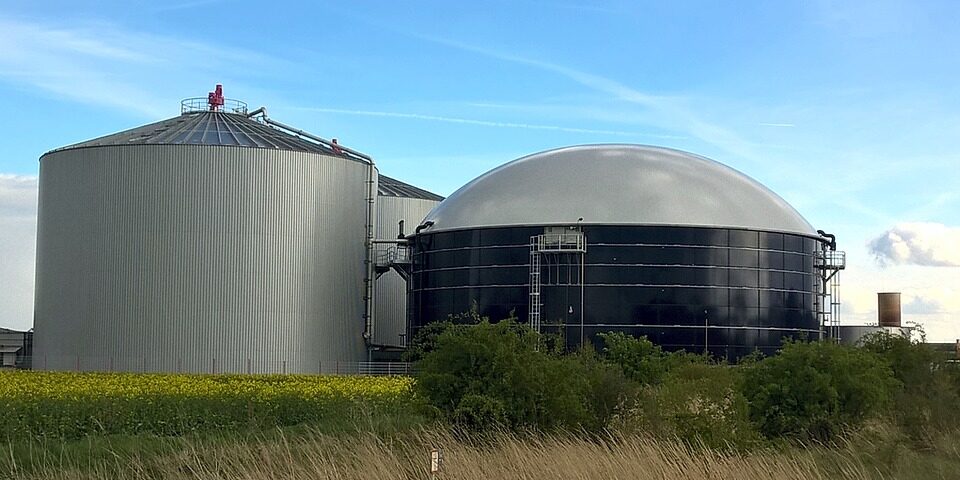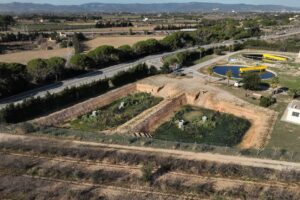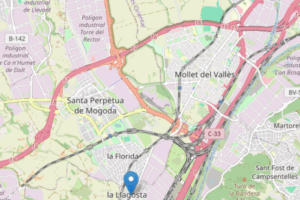
Technical assistance with the restoration of buildings 1, 2 and 4 of can Bagaria
December 21, 2019
Improvement in systems for observing and observing and monitoring the ocean: WAVY Drifters devices
December 31, 201920/9/2019
The Biological Treatment of Gaseous Pollutants and Odours Group (BIOGAP) is now participating in the LIFE BIOGASNET project, whose aim is to develop a sustainable, biogas purification system in waste recycling centres and treatment plants for solid household waste.
The aim of the project is to demonstrate the viability of a low-cost, low-carbon footprint system for biogas conditioning, to promote the use of this fuel as a source of sustainable energy. The objective is also to reduce the carbon footprint in the energy cycle and promote the circular bioeconomy.


A prototype will be constructed that combines biogas desulfurisation with a system for treating waste effluent containing ammonia. Both techniques are based on biological processes developed by the BIOGAP Research Group, in collaboration with other university research groups. In this way, a double environmental objective is met, with the added value of producing by-product that are suitable for marketing in the fertiliser industry (elemental sulfur and/or ammonium sulfate). The prototype will be tested in two biogas production facilities of different characteristics to check its versatility.
The project is coordinated by the BIOGAP Research Group (that belongs to the TECNIO SSR-UPC centre). Other participants are two universities (the University of Cádiz and the National Technical University of Athens), two companies (Bioreciclaje de Cádiz, SA, and AERIS Tenologías Ambientales, SL) and Eurecat.
The project will take three years and a half. The total budget is 2.1 million euros, 55% of which has been funded by the LIFE Programme of the European Union.
Related Projects
- A research team from the UPC, in collaboration with the company B. Braun Surgical, has created a ceramic and biocompatible catalyst that captures greenhouse gases and transforms them into useful chemical products in a more sustainable way and at a lower cost than current technologies. The technology has successfully passed the pilot phase through joint projects with companies from different sectors.
- The company Trace ID and the group Twin Investors, in collaboration with the Textile Technology research group (TECTEX), which is part of the Institute of Textile Research and Industrial Cooperation of Terrassa (INTEXTER) at the Universitat Politècnica de Catalunya - BarcelonaTech (UPC), are developing electronic devices to identify, monitor, and study the traceability of the products in which they are embedded.
- The Hydrogeology Group (GHS) at the Universitat Politècnica de Catalunya - BarcelonaTech (UPC) is participating in the LIFE REMAR project to develop an innovative and sustainable solution for the reuse of treated wastewater through infiltration, with the aim of increasing the availability of freshwater resources and improving the state of ecosystems.
- A team from the Environment Centre Laboratory (LCMA) of the Universitat Politècnica de Catalunya - BarcelonaTech (UPC) is taking part in a study commissioned by the city councils of la Llagosta, Mollet and Santa Perpètua (in Vallès Occidental), with the main objective of identifying the impact of industrial plants on the generation of unpleasant odours and continuously monitoring air quality in these municipalities.




